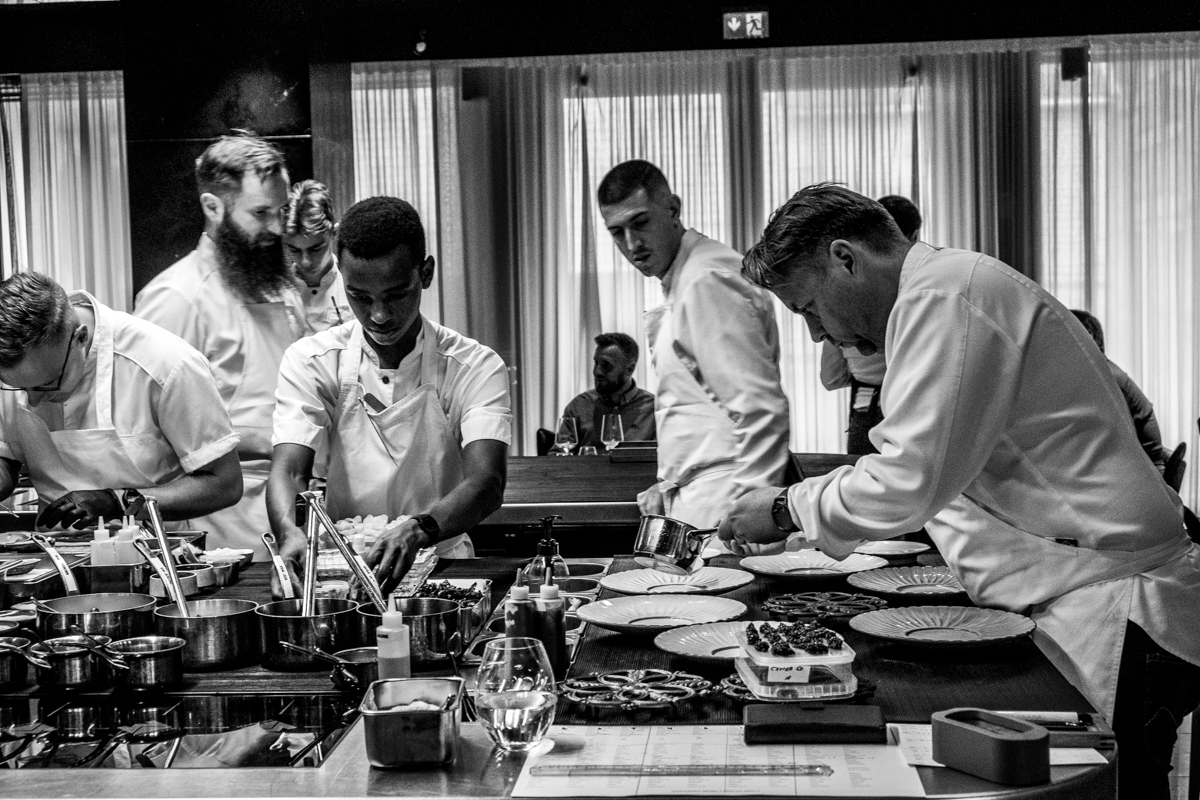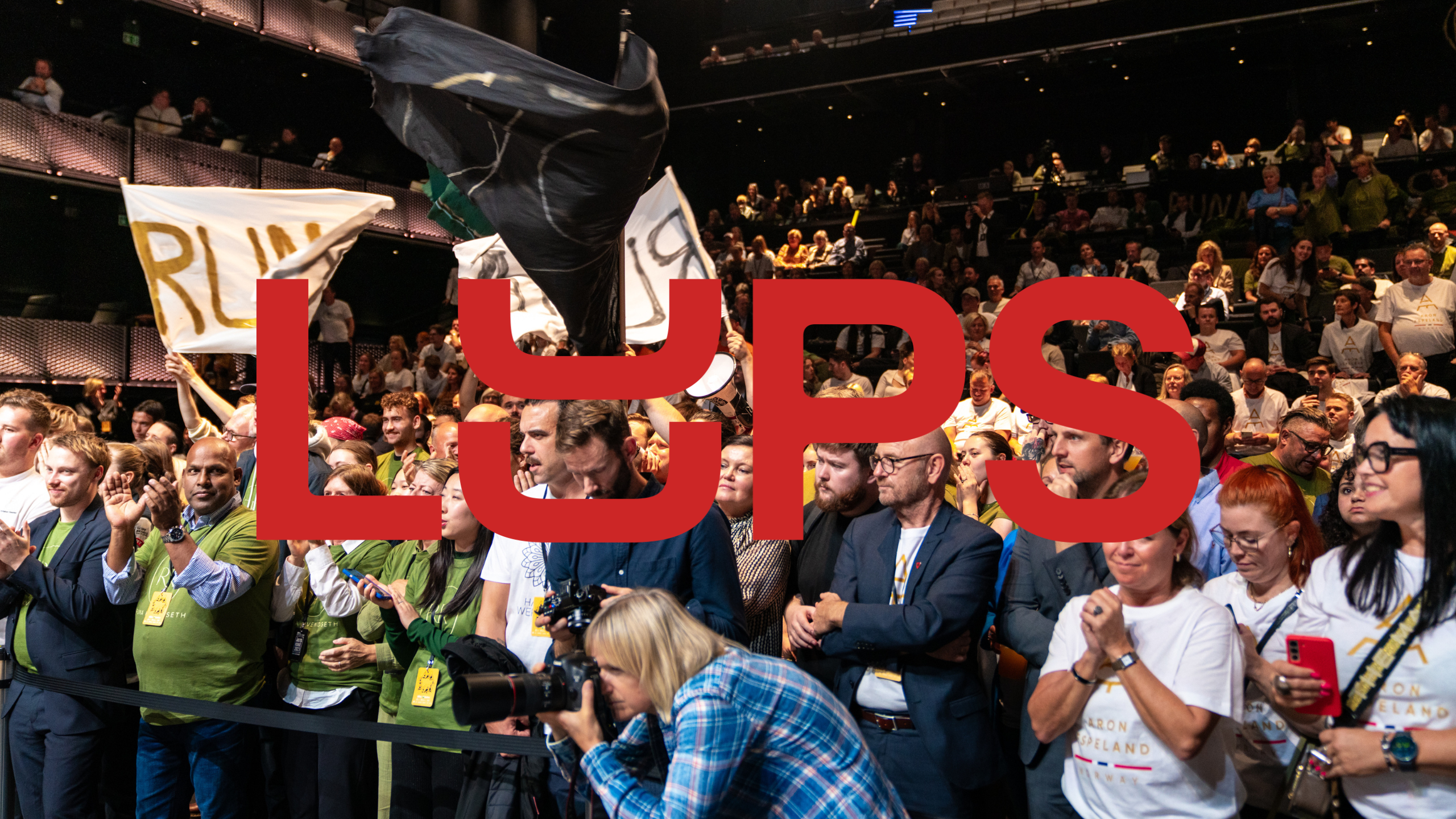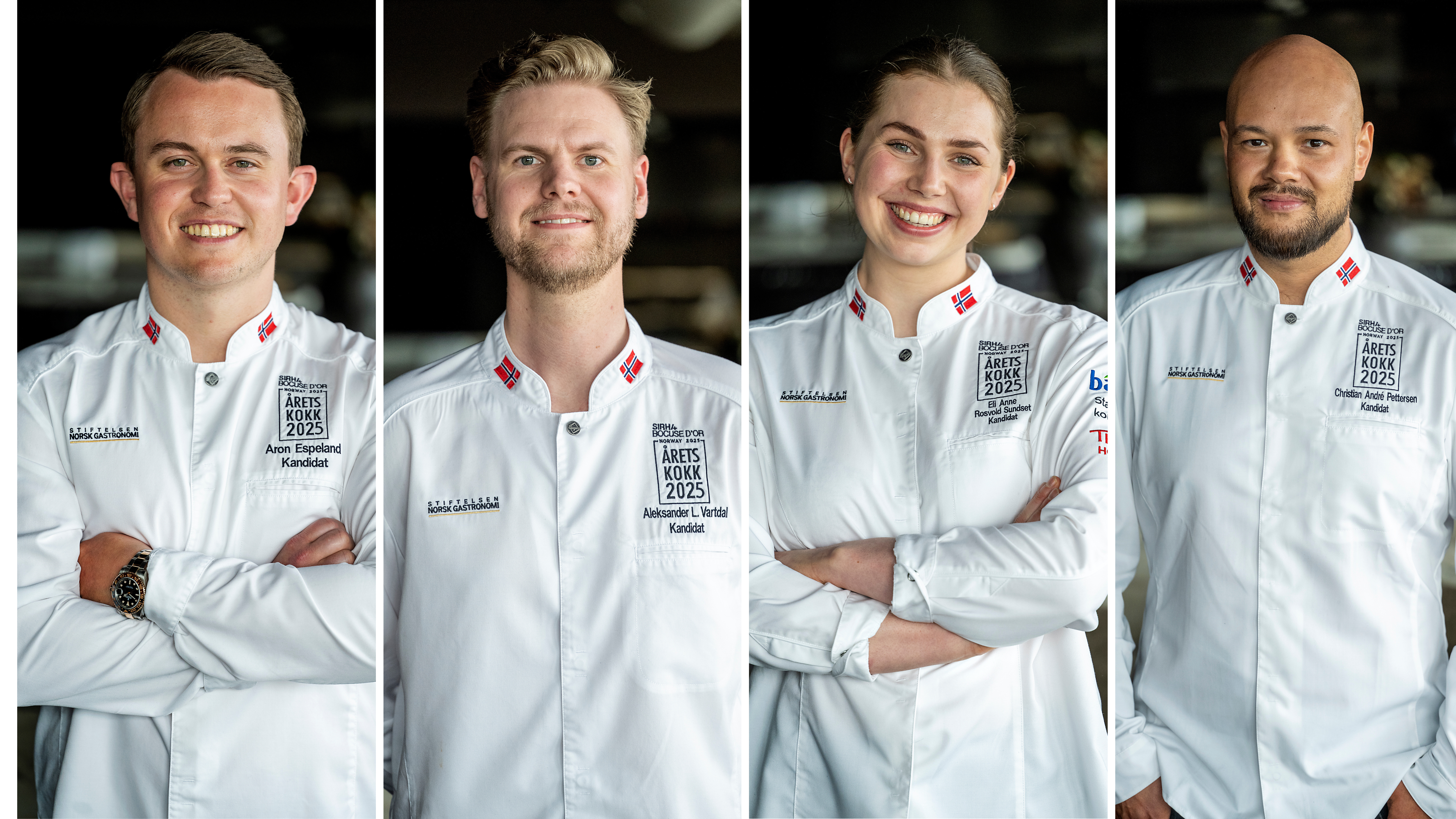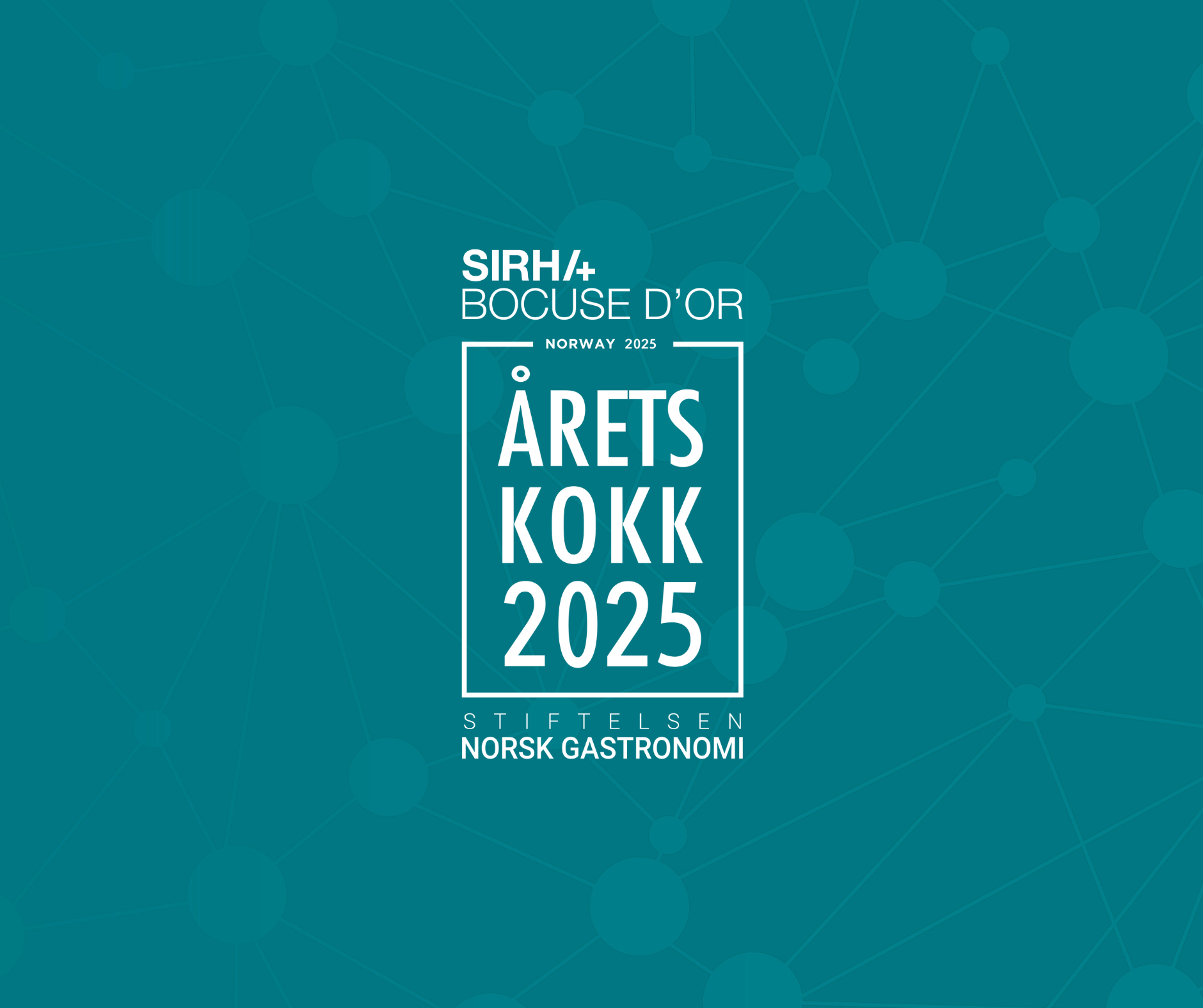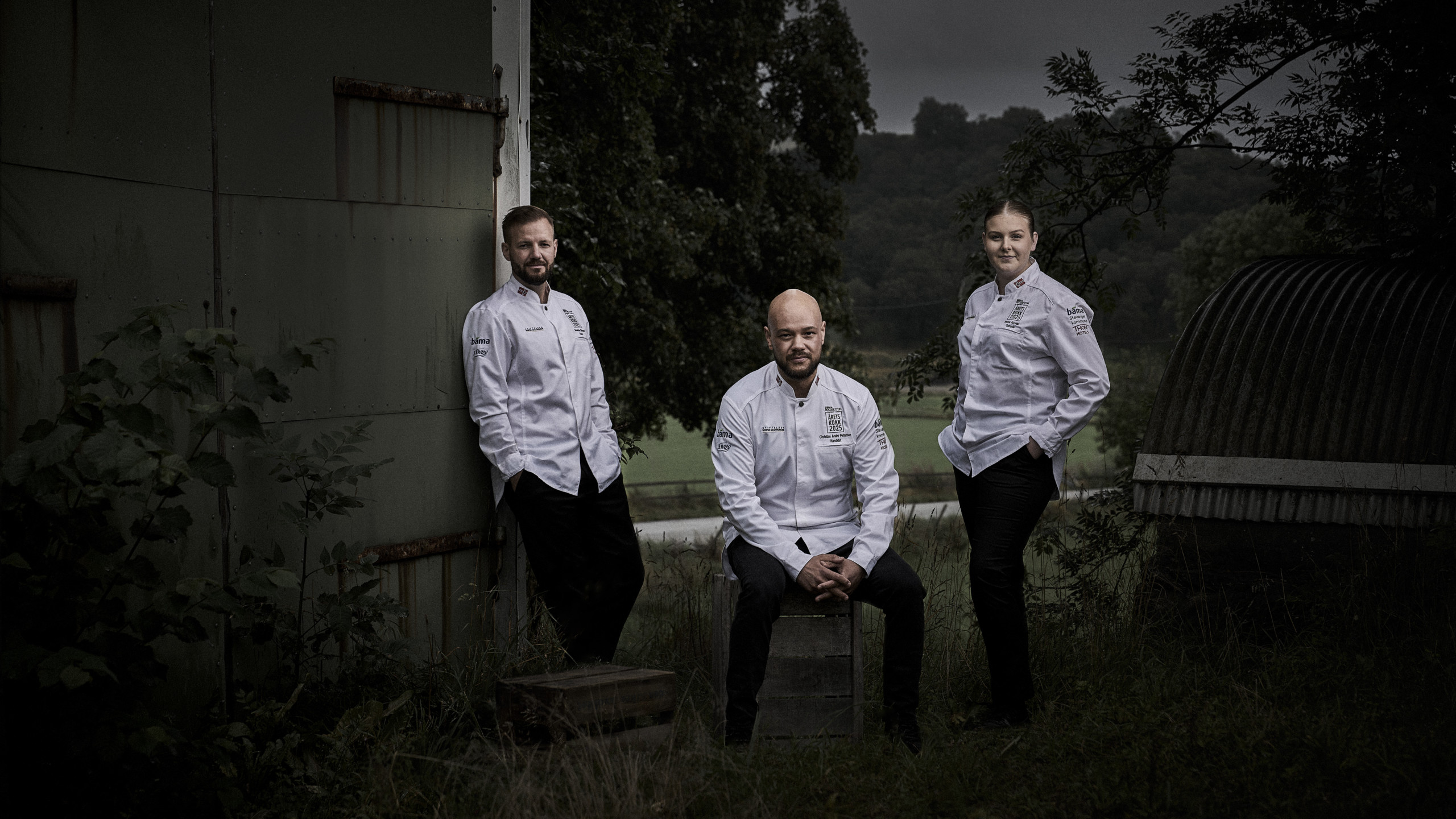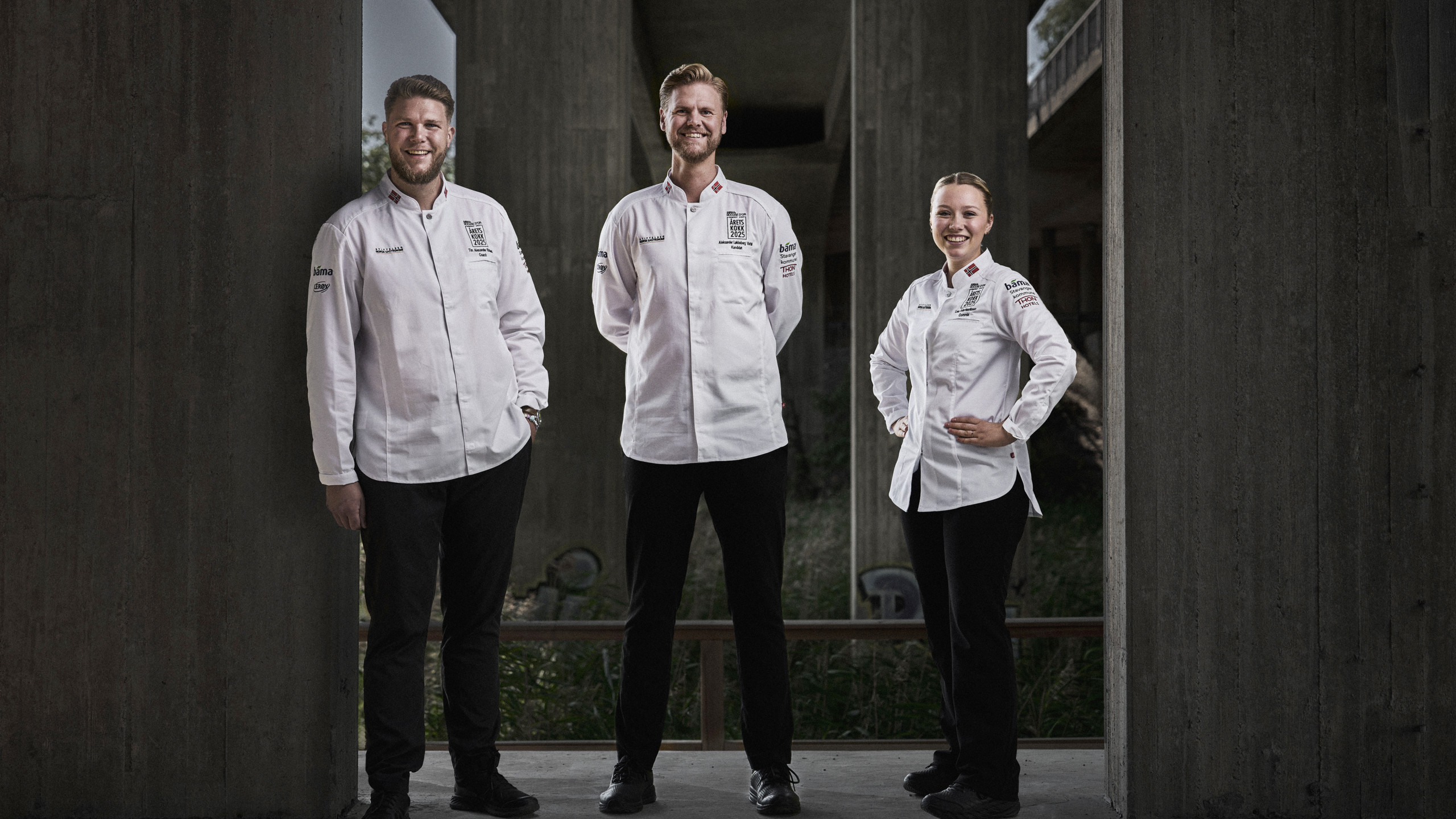Why culinary talent is the key to unlocking tourism growth
Building sustainable culinary excellence is not just an art — it is an economic strategy.
This article is published in preparation for the upcoming HOTREC 90th General Assembly Panel on Gastronomy and Tourism, 2025. Arne Sørvig, CEO of Foundation Norway Gastronomy, shares perspectives on how culinary excellence can become a key economic driver for nations aiming to strengthen their position in global tourism markets.
When travelers choose their next destination, food is increasingly at the top of their list—whether they travel for leisure, business, or to attend major events. To become attractive for these millions of “fork-first” travelers, nations must start where it matters most: in the kitchens.
Norway’s culinary evolution shows how professional competence, inspiration, and a strong sense of societal belonging among chefs can shape an entire sector’s future. Yet there are still significant structural challenges we must address.
Moving beyond the old kitchen economy
The last five decades professional kitchens evolved mainly as cost centres and has been and still are managed according to such status. Financial control is crucial to economic survival, but more and more operators now also regard a management dominated by financial measures – cost of produce, staff expenses, and supplier kickbacks – as a to narrow style. Creating a dynamic, where guest experience and ingredient quality become secondary concerns, in ways that can stifle creativity and limit culinary ambition.
No wonder, then, that we have seen talented chefs often leave large operations to start boutique restaurants where they can create what they regard as authentic, personal dining experiences. It is precisely this uniqueness that today’s culinary tourists are seeking — and a food tourism need. When enough such establishments emerge, they become culinary beacons and pride of nations and regions, and powerful drivers for economic growth, boosting accommodation, transportation, and cultural sectors alike.
Elevating talent through competitions
Recognizing the need to nurture talent, Foundation Norway Gastronomy set out to reform Norway’s top culinary competitions. In the past, a chef might have trained alone, competed once, and faded back into obscurity if they didn’t win.
We changed that. Today, we celebrate a broader podium of winners, highlighting the field’s overall excellence rather than just the final victor. Entry criteria have been tightened to elevate the entire competition, and preparations begin up to a year in advance, transforming the process into an academy of growth and a “pump of inspiration”.
Behind each Norwegian candidate to Bocuse d’Or every second year at least two hundred chefs has taken part in the activities and processes leading up to his or her participation, and close to every professional kitchen in the country follows, studies and debates the culinary choices and development that take place in these competitions when they are thoughtfully organized.
Beyond technique: Building complete culinary leaders
At the academy, participants don’t just perfect butter sauces—they delve into leadership, sustainability, process design, media relations, and professional identity. Intensive training camps encourage reflection rather than rote learning, fostering broader perspectives at a time when competitive focus sharpens their openness to new ideas.
A principle of transparency leading to media exposure and public engagement are also key. Inspiring and inspired chefs inside and outside the competitions strengthens the industry’s reputation and creates a virtuous cycle of growing consumer expectations. Without a demanding home market, even the best culinary initiatives can falter.
Culinary evolution is a market-driven process: Nudging is possible
At the core of Norway’s strategy is a focus on gastronomic reputation and knowledge-sharing. Success is not about adhering to a single tradition—whether New Nordic, French, or otherwise—but about creative freedom rooted in authentic experiences.
This freedom is possible because Norway, lacking a rigid culinary heritage, remains open to global influences. Our food industries, especially seafood, operate internationally, creating collaborations that constantly bring home new techniques, ingredients, and culinary styles.
Still, New Nordic principles have been vital. Respecting the intrinsic characteristics of ingredients and increasing the use of local produce have strengthened both innovation and regional identity—which also are two pillars of meaningful culinary tourism.
It’s the People, Stupid
Our industry must rephrase the American political classic “it’s the economy, stupid” to “it’s the people, stupid”. The true differentiators are knowledge, attitude, values, and coherent action. In a free market, discerning customers naturally push weaker performers out while rewarding excellence. Over time, even with imperfections, quality improves.
If we can help consumers understand why paying a 10–15% more results in three to four times better dining experiences, excellence will thrive over time. Our focus must remain firmly on those chefs and entrepreneurs who are capable of changing the world plate by plate.
The real challenge lies in ensuring that the definition of quality embraces the full diversity of gastronomic expression rather than narrowing it to a few styles. That broader conversation lies ahead, but for now, with lack of a meaningful political understanding of the sector, we must trust that a well-functioning market drives quality upwards – and work on that.
We must also never forget: becoming a truly great chef takes at least a decade. Reflect for a moment on the turnover rates in your country’s kitchens. You will find that sustainable quality depends on making it livable to be a chef—not only financially, but also in terms of professional pride.
Rethinking how we measure success?
If culinary evolution is to thrive, the economics of the industry must adapt. Staff costs, produce costs, and supplier agreements must be seen not just as expenses, but as strategic investments in value creation.
We must ask ourselves:
- What is the real value of our culinary beacons?
- Why are they allowed to struggle despite their immense contributions?
- How much could culinary excellence grow overall tourism revenue and strengthen community engagement?
- Can industry clusters collaborate more effectively to secure long-term sustainability?
The answer to the latter questions are yes. Yet public policies, regulations, and parts of the industry itself still show a limited understanding of these dynamics.
Sustainability is not just environmental. It is financial, professional, and cultural. It is about building systems where culinary excellence becomes a natural and permanent part of a nation’s economic strength.
About the author:
Arne Sørvig is CEO of Stiftelsen Norsk Gastronomi. With a background as a trained chef and a PhD in industrial economics, he works at the intersection of culinary craftsmanship, leadership development, and strategic value creation. He leads Norway’s work with the Bocuse d’Or culinary competition cycle and subsequent national talent development, and is a strong advocate for gastronomy as a driver of tourism, culture, and economic growth.
Photo:
RE-NAA kitchen (photo: Renaa Restauranter).
Arne Sørvig, CEO of Stiftelsen Norsk Gastronomi (photo: Gard Wanderoy).
